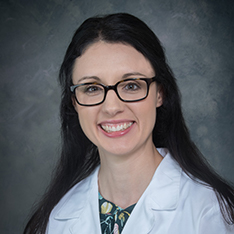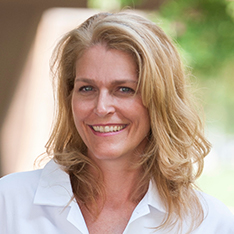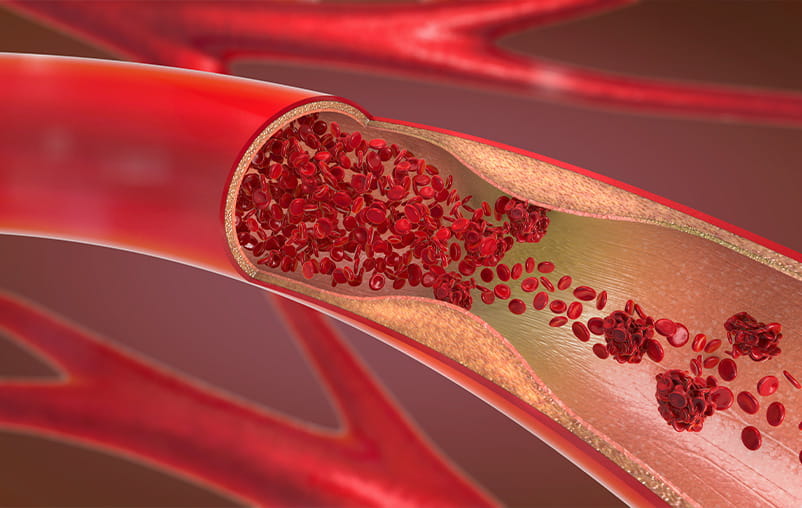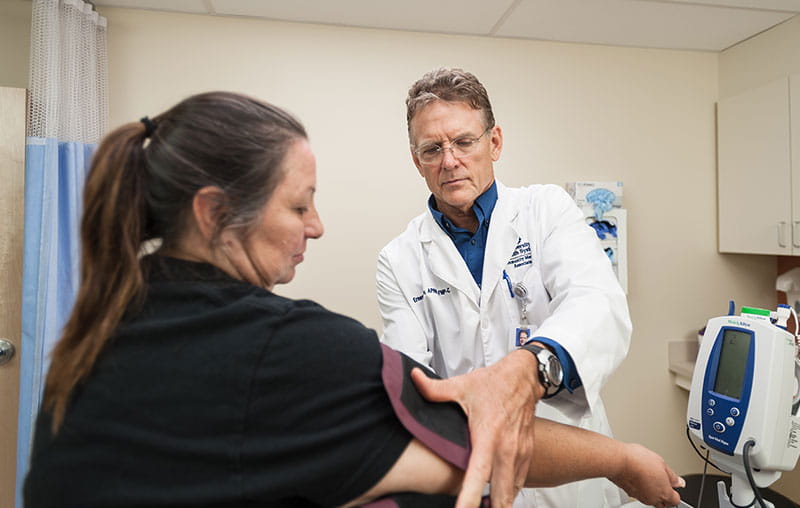When kids leave home to experience life on their own, we hope that all we taught them takes hold. For many, it’s the first time they have to balance a budget, go grocery shopping, do laundry, maintain a car and so much more.
Before the big send-off, parents discuss a lot of do’s and don’ts. But all too often, we forget to teach them to take the lead in protecting their own health.
Young Adults and Their Health
University Health's Teen Health Clinic, created in partnership with UT Health San Antonio, provides medical and educational services to those who are 10-25 years old. According to Medical Director Dr. Kristen Plastino, it’s important for young adults to learn how to ask their own questions about their health.
“We encourage our patients to open up and talk about sensitive, personal health issues that need to be addressed,” Dr. Plastino said. “I routinely ask parents or guardians to step out of the room so I can understand the real concerns of my patients.”
When Should Teens Transition from Seeing a Pediatrician to a PCP for Adults?
Dr. Amy Cobb answers common questions about teen health literacy in this SA Live interview.
Most experts recommend starting the transition between 12-14 years of age. This can start with a private interview with the child as part of the well child visit where their provider will ask them questions about their mental health, bullying, substance use and intimate relationships.
As they get closer to the age of transition, which is often anywhere between 18-21 years old, teens should get comfortable naming their medications, asking questions and learning how to navigate tasks like scheduling appointments. We can use a quick questionnaire in the office to see areas of strength and weakness and work with them to get them ready to transition care.
Teen Patient-Doctor Relationship
Getting comfortable talking to the doctor one on one can build their confidence and strength the patient-doctor relationship. It also ensures that they have a trustworthy resource for medical questions, rather than turning to the internet or peers for health advice.
Parental Involvement after the 18th Birthday
Young adults still greatly benefit from parental involvement through the early 20s. "I would recommend letting the young adult take the lead but remaining present and available as a support as they navigate their early years of adulthood," Dr. Cobb said.
Doctor Visits
Experts recommend starting health discussions with youth in middle school or earlier. It’s helpful for parents to model how to interact with a doctor. Show teenagers how to focus on key points during a doctor visit, such as:
- Making a list of questions ahead of time so you don’t forget anything
- Writing down what the doctor says and repeating it to confirm that you understand
- Paying attention to details of test results, required therapy and necessary medications
- Asking for instructions on how to access digital medical records
Part of adulthood is talking about uncomfortable topics and taking action. Teenagers are best served by doctors who aren’t afraid to tackle conversations about sexually transmitted diseases, binge drinking, unsafe driving, anxiety and depression, bad relationships or anything else that may be troubling the young adult.
Research published by the National Institutes of Health suggests that improving adolescent and young adult health is critical because the behaviors you start as a teenager build a foundation for future healthy or unhealthy lifestyle choices.
Mental Health and Wellbeing
Almost 20% of adolescents have experienced some type of behavioral or mental health disorder. Young adults experience this at a greater level, particularly in the areas of substance abuse, sexually transmitted infections and mental health problems.
One way to promote good health is by being organized and having a plan for the unexpected. Dr. Plastino recommends young adults follow these healthy guidelines:
- Schedule medical check-ups once a year and dental check-ups twice a year
- Exercise, eat healthily and get at least seven to eight hours of sleep a night
- Know your normal, physically and mentally
- Before a crisis, establish a list of medical contacts
- Have a trusted adult to go to for advice and support
- Be aware of your own risky behaviors
- Seek counseling services when needed
The percentage of young Americans experiencing certain types of mental health disorders has risen significantly over the past decade, according to research recently published by the American Psychological Association.
The research suggests that a higher percentage of adolescents and young adults may be experiencing mood disorders partially due to the increased use of electronic communications and digital media. Young adults are entering adulthood in a different technological culture compared to their parents.
Self-Care in the Age of Technology
You can help your adolescent grow into a healthier adult by encouraging them to value self-care and engaging in more face-to-face communication.
“Foster conversations, treatments and preventive care that encourages healthy living for a lifetime,” Dr. Plastino said. “If you empower good decision making in your teenager, you’ll likely see good decision making as they become older.”
Your health, at any age, is worth protecting.
Teen Health Clinic at University Health
Learn more about the Teen Health Clinic at University Health, and how our team can help your young adults learn healthy habits.






